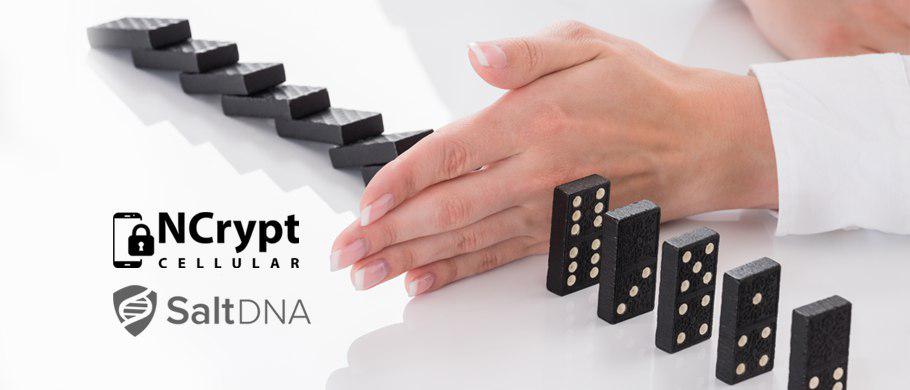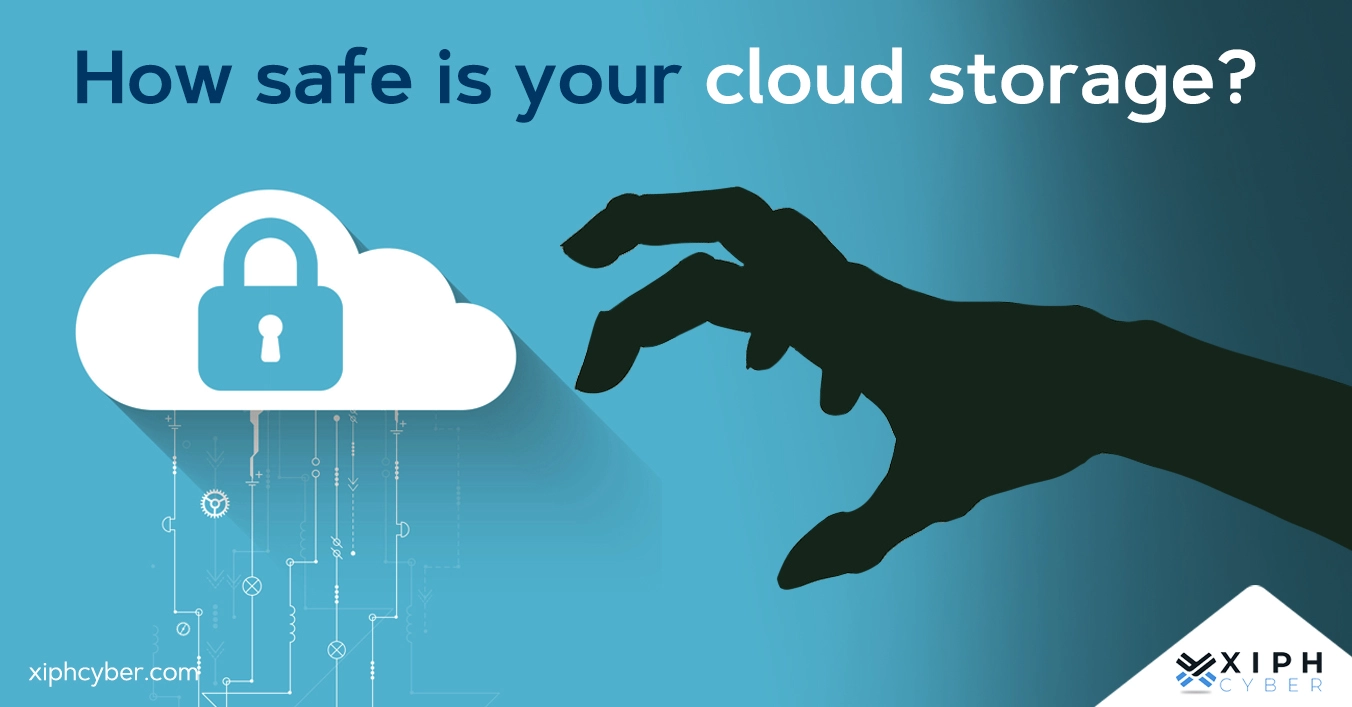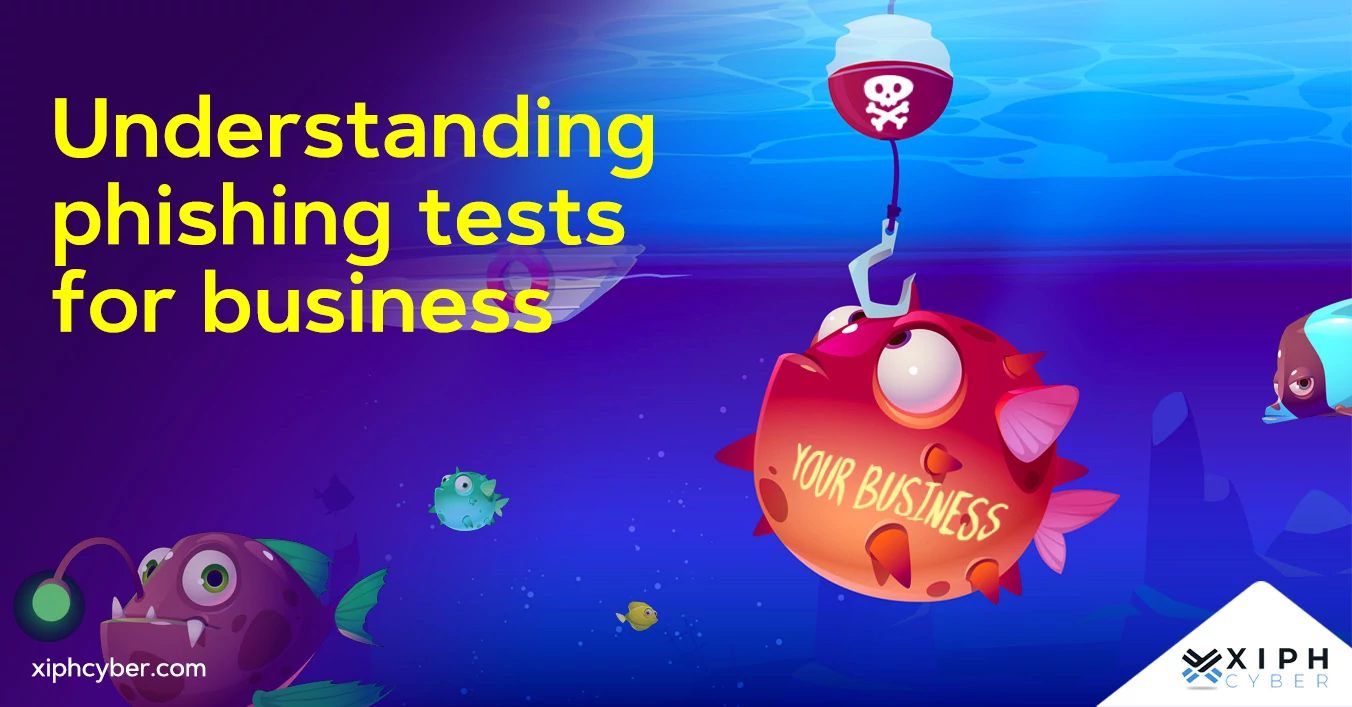Published May 21, 2017 by Xiph
Many Australians may have little to no knowledge on what metadata is or how it actually affects them. So you’re probably wondering what is metadata? Well, the simplest way to describe metadata is everything you do on a phone or online creates data that is basically a footprint, this data doesn’t show things such as what your text message to your mother or father said nor does it record what you said on the last phone call you had, but instead shows what time you sent the message, the location you sent the message from and it also shows the number you’re using and the number that received the message. Metadata is also collected by what you do online, some of the information that is collected involves; start and finish times of internet sessions, the name of an application someone is using online, where they are using it, when they are using it and how long they used it for.

Many Australians may have little to no knowledge on what metadata is or how it actually affects them. So you’re probably wondering what is metadata? Well, the simplest way to describe metadata is everything you do on a phone or online creates data that is basically a footprint, this data doesn’t show things such as what your text message to your mother or father said nor does it record what you said on the last phone call you had, but instead shows what time you sent the message, the location you sent the message from and it also shows the number you’re using and the number that received the message. Metadata is also collected by what you do online, some of the information that is collected involves; start and finish times of internet sessions, the name of an application someone is using online, where they are using it, when they are using it and how long they used it for.
It gets worse, all this information is stored by your common telco providers such as Telstra, Vodafone and Optus. In the past, these companies weren’t required to store this data unless they as a company decided to retain it, now things have changed. Telco providers are now required to store all of this data and not many people are aware of this but now law enforcement agencies can actually access this information without obtaining any sort of warrant. What can we thank for this invasion of privacy? We can thank the new metadata retention scheme.
So, now you’re more than likely wondering why you’ve never heard of this, that’s because the term metadata doesn’t actually contain a legal definition, the reason there is no legal definition is because the law enforcement agencies don’t want to restrict themselves on what they can and can’t access as technology is rapidly changing.
If you’re an internet or phone user it’s important that you understand exactly how this can affect you, even though you may be a law abiding citizen with nothing to worry about when it comes to law enforcement checking your metadata that isn’t the only threat of this new scheme. Telstra has labelled this scheme as a “honeypot for hackers”, yes this data which is also your privacy could be obtained by hackers who wish to get this information.
It can’t get any worse, right? Wrong, in fact law enforcement agencies aren’t the only ones who can access this data without any sort of permission required, some of the other agencies that can access and have accessed the data are Worksafe Victoria, The RSPCA, Taxation Office, Australia Post, Medicare, Federal, State and Territory Police, Bankstown Council in NSW.
There has been many cases where some of these agencies have actually misused this data for their own gain, Bankstown Council in NSW used the metadata to find litterbugs and fine them, Officials at Queensland Police began accessing private metadata of newly recruited officers to determine whether they were sleeping with one another or faking sick days, how is this misuse of metadata? The reason this has been labelled as misuse was because the Government originally approved this new legislation in the hopes it would help them stop terrorist attacks as well as catch the terrorist before they could do anything wrong, the fact is a litterbug is far from the definition of a terrorist.
Keep calm, there is some good news when it comes to the new metadata laws in Australia, the good news is that there are ways where you can protect yourself, protect your privacy and not have any metadata recorded. There are multiple types of services that you can use so none of your metadata is actually stored.
VPN or otherwise known as Virtual Private Network. What’s a VPN? In a simple explanation it’s not a real network as such as the internet, using a VPN will stop any data that you send to the internet from being stored and if you stop it from being stored then you’re protecting your privacy. VPNs are commonly purchased on a monthly or yearly basis and can be as little as $5 depending on what you will be using it for and how many people will be using it.
The other option which is fast and easy is using the web browser called “Tor”, this is an encrypted web browser which prevents people from learning your location or your browsing habits by allowing you to communicate with the network anonymously, what’s the best thing about Tor? It’s free to use.
With all that in mind I think everyone needs to ask the question, are we citizens of this great country? Or are we suspects who deserves to have our privacy invaded?
Posted in: Security


